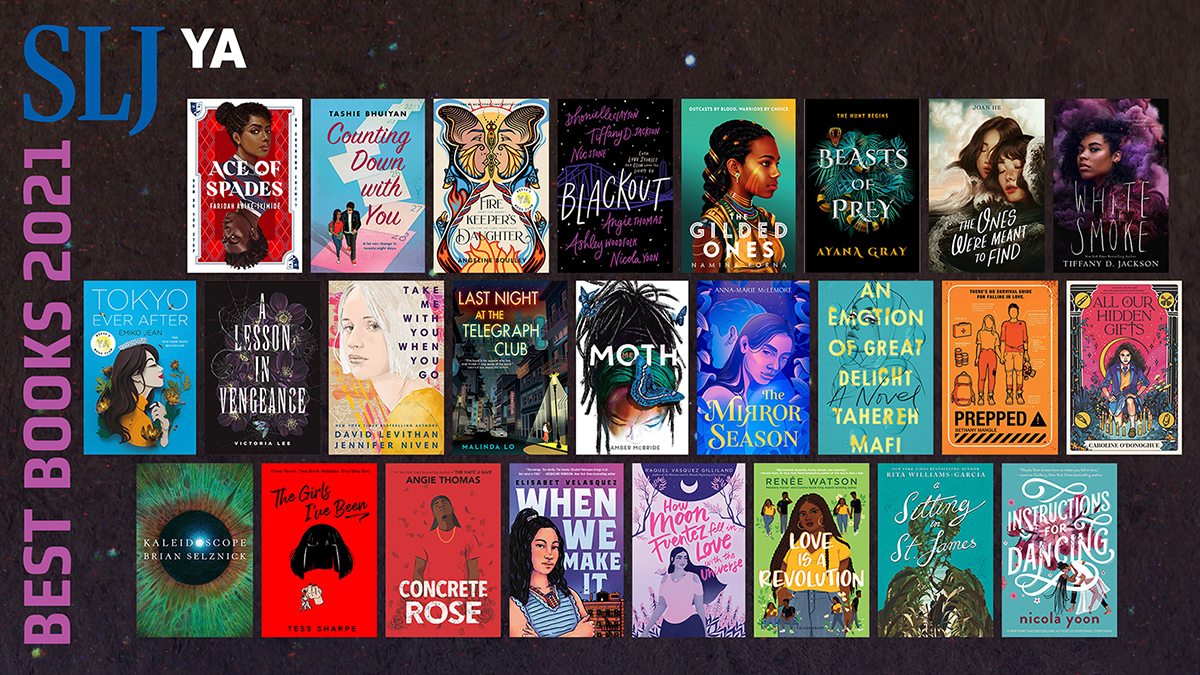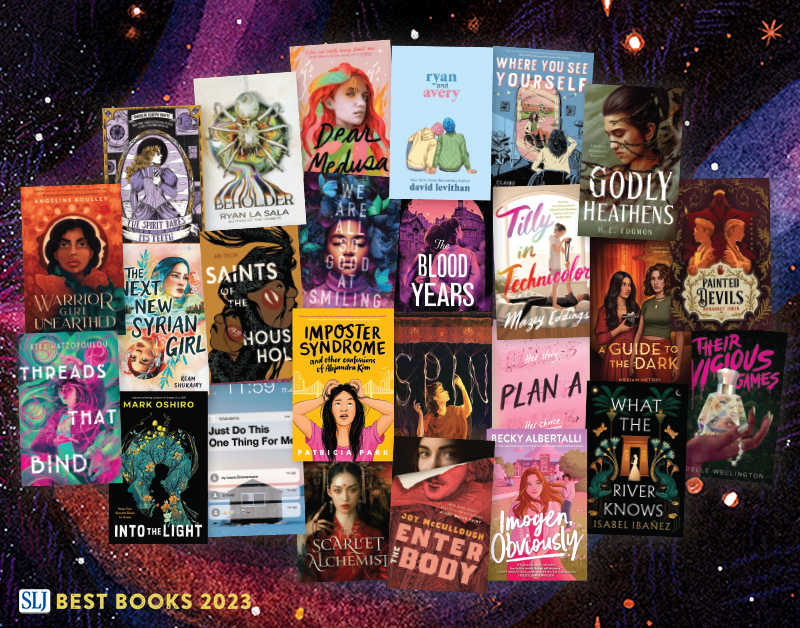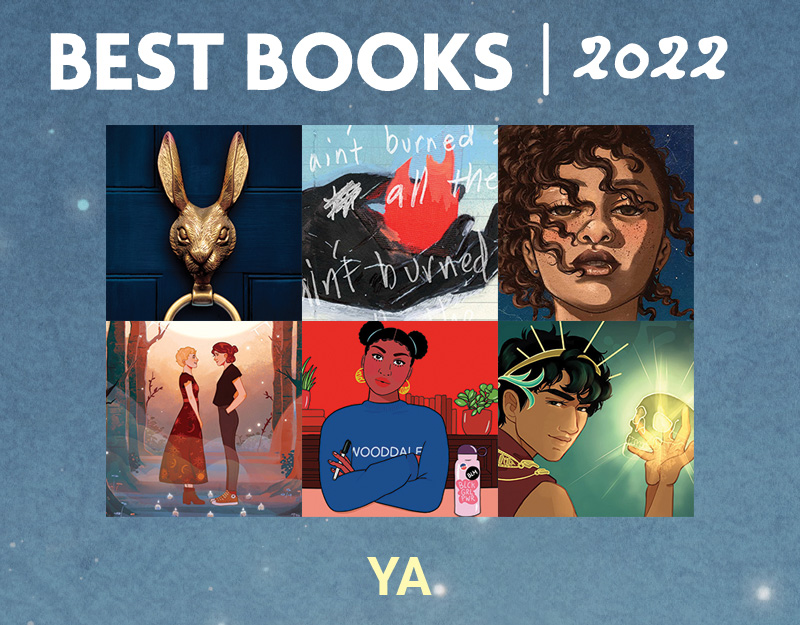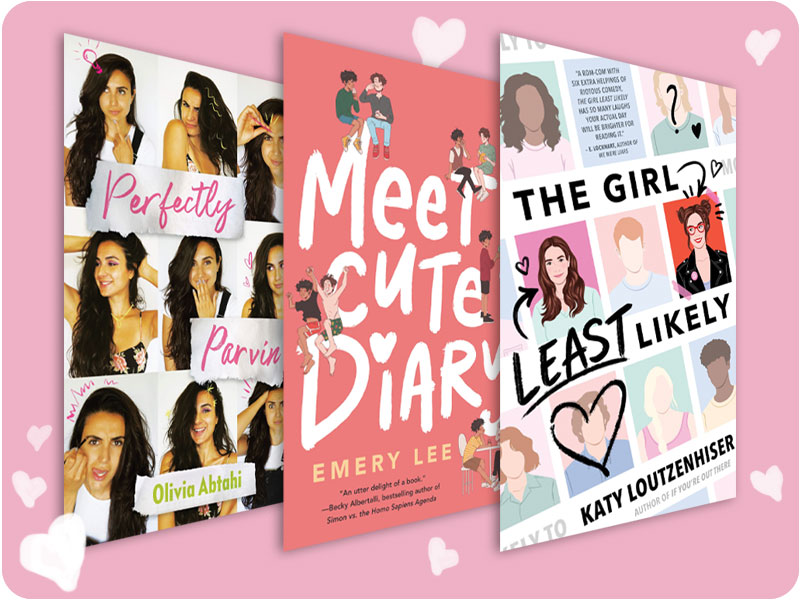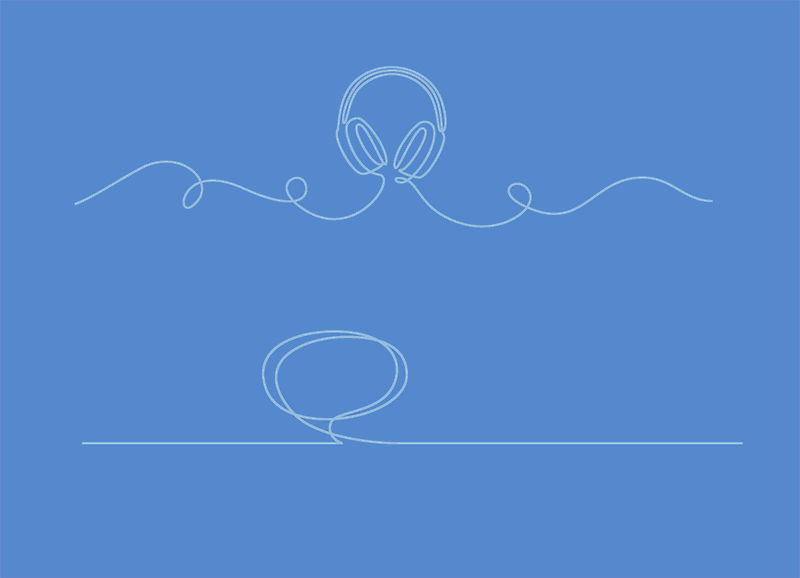Perfectly Imperfect, a guest post by Corey Ann Haydu
The Case for Imperfect Characters with Imperfect Feelings for Our Youngest Readers
I have always written imperfect characters with imperfect feelings in my young adult and middle grade novels. It came naturally, mostly because I kept journals in my own middle grade and young adult years, and was able to see first-hand just how complicated and tricky and not-so-nice so many of my feelings were. How not-so-nice, I was, at times. It was easy, to understand imperfection from that angle. Knowing myself rather well, I know I am not a terrible person. But I had evidence of some very hard-to-understand feelings I had about my friends and family and, perhaps most of all, myself. Imperfection is about those dueling truths: we are kind and good people, existing in the world, but the world is messy, so we also have messy feelings to go along with our kindness and goodness. Kindness and goodness are not the same as perfection.
Still, somehow, when I started writing chapter books for a slightly younger audience, younger than my journals went, I balked at the idea that I could write similarly imperfect characters for those younger ages. Weren’t books meant to show young readers how to live in the world? Weren’t characters in books meant to be examples? Didn’t my books for younger readers have to be perfectly nice and perfectly good and perfectly kind?
ADVERTISEMENT
ADVERTISEMENT
What I forgot, of course, is that even if these books were meant to show something about what it is to live in the world as a kid, it wouldn’t be much help to show a perfect existence filled with nice and easy feelings. That wouldn’t tell a kid much about how to be. Or rather, it might tell them how to be, but it would set them up for failure. I speak from experience when I say that aiming for perfection is a great way to feel awful about yourself. And I do not want my books to make kids feel awful. I want my books to make kids feel seen. I also want my books to make them laugh. And cringe. And scream at the characters NO DON’T DO THAT. And wonder. And relate. And not relate, but try to understand anyway.
In my HAND ME DOWN MAGIC series, my characters, best-friend-cousins Alma and Del feel feelings that we have been told over and over are bad. Jealousy. Fear. Loneliness. Anger. And in illustrator Luisa Uribe’s emotionally vibrant illustrations, these emotions are right there on the surface, unhidden, fraught, earnest, plaintive. Undeniably, deeply there. On the front of the cover of book three in the series, PERFECT PATCHWORK PURSE, three girls are featured. In the middle, Cassie hugs a unique patchwork purse to her chest. On one side of her, exuberant Del celebrates Cassie’s acquisition. And on the other side there is Alma. She is bereft. She is clasping her hands and frowning and leaning towards the bag with a heartbreaking longing.
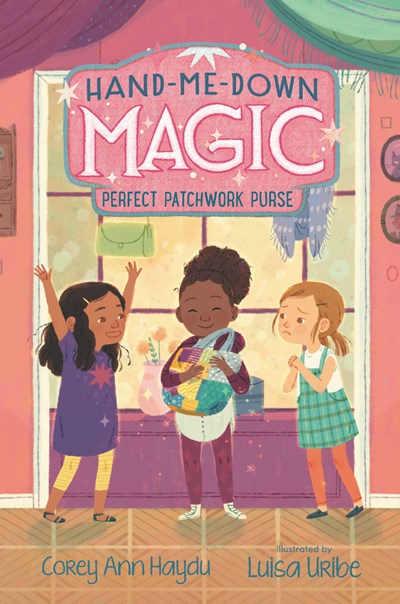
I guess it would be quite evolved for Alma to simply celebrate her friend having a cool new accessory. But it wouldn’t be authentic. At least not of the life I know, where sometimes we feel something imperfect that we wish we weren’t feeling. And I want my characters to be authentic. Not just because it’s easier to write. And certainly more fun to write. But also because if I want kids to “learn” anything from my books, I want them to learn that it’s okay to feel those feelings. I want them to learn they don’t have to hide them away or beat themselves up for having them, or try to convince the world they don’t ever get them. I want them to know that I feel those feelings too. That Alma is not alone, and neither are they.
Sometimes, we are Del, celebrating our friends’ victories. That’s wonderful. But sometimes we are Alma, wishing those victories were our own. And that’s okay too. Maybe even a little bit wonderful. Because it means we are alive, we are feeling, we are vulnerable and open and letting the world matter to us. Being imperfect, actually, is code for being engaged in the world around us. Being imperfect means we care. It means being full-hearted. Being imperfect means being whole.
When I look at that illustration of Alma, I don’t feel bad for her. I feel seen. I say to myself—oh, yep, that’s how it feels sometimes. I hope my books provide that for young readers (and readers of all ages!) I hope they take what feels messy and bad and uncomfortable and wrong and make it look okay. Expected. Part of the whole being human thing. Recognizable and relatable and not so scary after all.
I’m still working, on not needing to be perfect. It’s hard, to give up on that impossible dream. But writing Alma and Del and their messy, imperfect, big, tricky feelings helps show me the way. If I can love Alma and her sulking or Del and her fear or both girls when they have a messy fight, maybe I can love myself through sulking and fear and fighting too. And hopefully, hopefully, so can young readers.
_
Corey Ann Haydu is the author of the Hand-Me-Down Magic series, Eventown, The Someday Suitcase, and Rules for Stealing Stars and four acclaimed books for teens. She grew up in the Boston area, earned her MFA at the New School, and now lives in Brooklyn, New York, with her dog Oscar. Find out more at www.coreyannhaydu.com
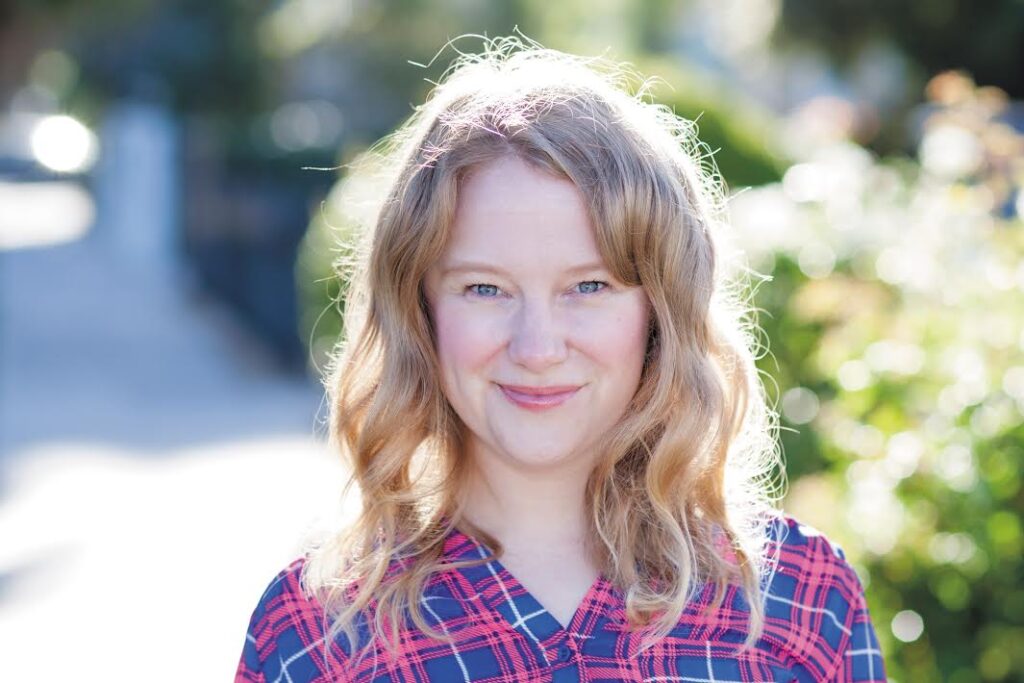
Filed under: Uncategorized
About Ally Watkins
Ally Watkins is a Youth Services Librarian in Mississippi. She has worked in public libraries for over 8 years and previously served as library consultant for the State Library of Mississippi.
ADVERTISEMENT
ADVERTISEMENT
SLJ Blog Network
2024 Books from Coretta Scott King Winners
Monster Befrienders and a Slew of Horror/Comedy: It’s a Blood City Rollers Q&A with V.P. Anderson & Tatiana Hill
Family Style: Memories of an American from Vietnam | Review
Parsing Religion in Public Schools
ADVERTISEMENT



